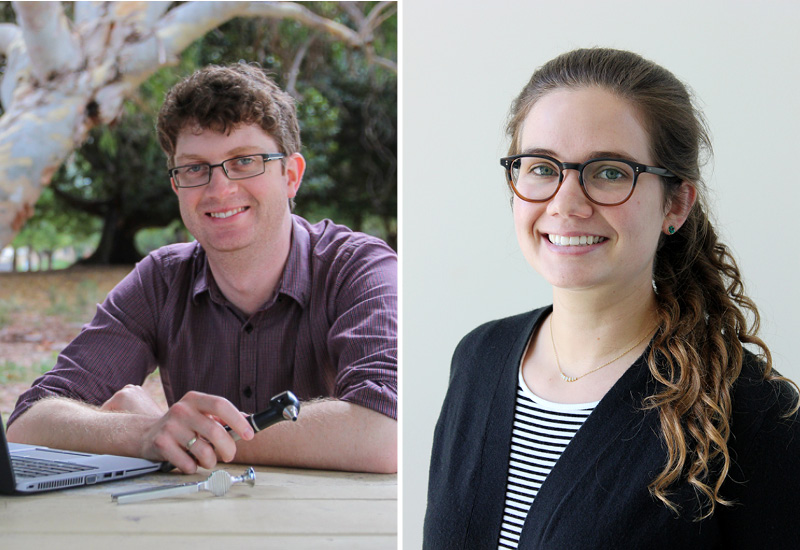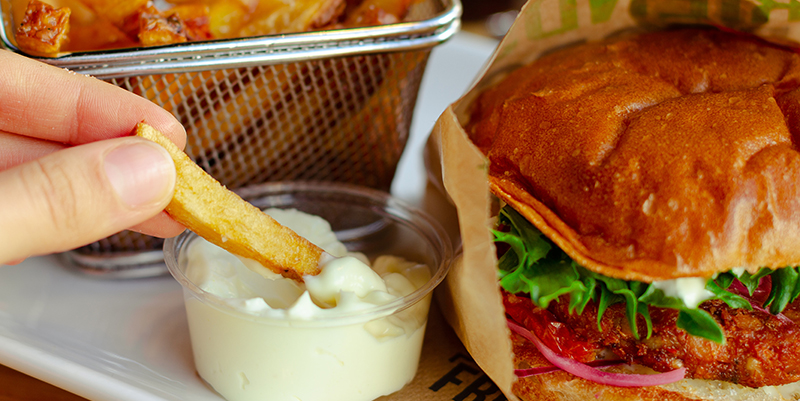Search
Showing results for "Au"
Research
The next generation of impact in cystic fibrosisLung damage in children with CF occurs much earlier than previously thought, and proving this is related to the decline that occurs later will create new paradigms for prevention and treatment.

News & Events
Homeward bound: The Kids Research Institute Australia researcher taking on scientific leadership challengeThe Kids Research Institute Australia researcher, Dr Anya Jones, will join some of the world’s brightest female scientists after being selected to take part in a global project to amplify the voices of women in science leadership.

News & Events
Aboriginal-led survey to better understand the mental health of young Aboriginal LGBTQA+ peopleA project, lead by Aboriginal and Aboriginal LGBTQA+ researchers examining the mental health of young Aboriginal and Torres Strait Islander LGBTQA+ people, is launching a nation-wide survey, to help drive meaningful change for the community.

News & Events
Mineral Resources and The Kids Research Institute Australia join forces to enhance the social and emotional wellbeing of Western Australia’s young Aboriginal PeopleMineral Resources Limited has proudly committed its support as Principal Partner of the ground-breaking research project Yawardani Jan-ga

News & Events
The Kids researchers named as finalists in 2020 Premier’s Science AwardsTwo The Kids Research Institute Australia researchers have been named as finalists in the 2020 Western Australian Premier’s Science Awards.

News & Events
Researcher to plot evolving junk food landscape around every single school in PerthA The Kids Research Institute Australia researcher will map every food business and school in Perth to investigate the influence of the food environment on children’s food intake and health.

News & Events
Researchers find new way to deliver ‘smart drugs’ for hard-to-treat diseasesResearchers from Perth’s The Kids Research Institute Australia have developed a world-first screening tool that helps deliver smart drugs into cells to battle hard-to-treat diseases like cancer and Duchenne Muscular Dystrophy.

News & Events
Infectious diseases advocate and child disability researcher named as finalists for national awardsCongratulations to prominent consumer advocate Catherine Hughes and The Kids Research Institute Australia honorary researcher Dr Noula Gibson, who have been named finalists in Research Australia’s 2023 Health and Medical Research Awards.

News & Events
The Kids researcher joins global program to enhance mental health of bubsA The Kids Research Institute Australia researcher whose work focuses on the mental health of babies and young children has been chosen from a global field to become one of 20 new Zero to Three Fellows.

News & Events
New funding targets diabetes and heart disease health service gapsResearchers will work with Aboriginal & Torres Strait Islander women in SA to devise better ways to care for women at risk of pregnancy complications caused by diabetes and cardiovascular disease.
